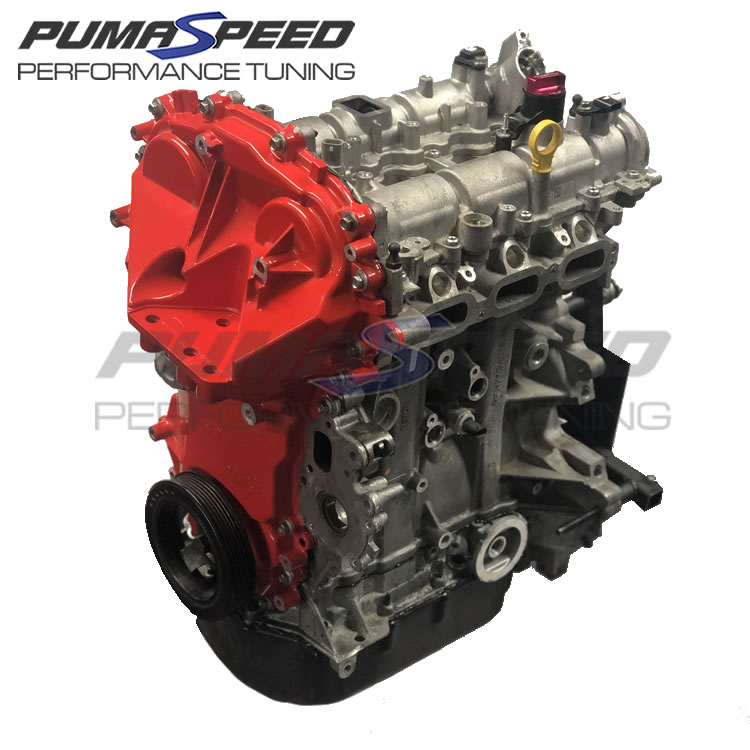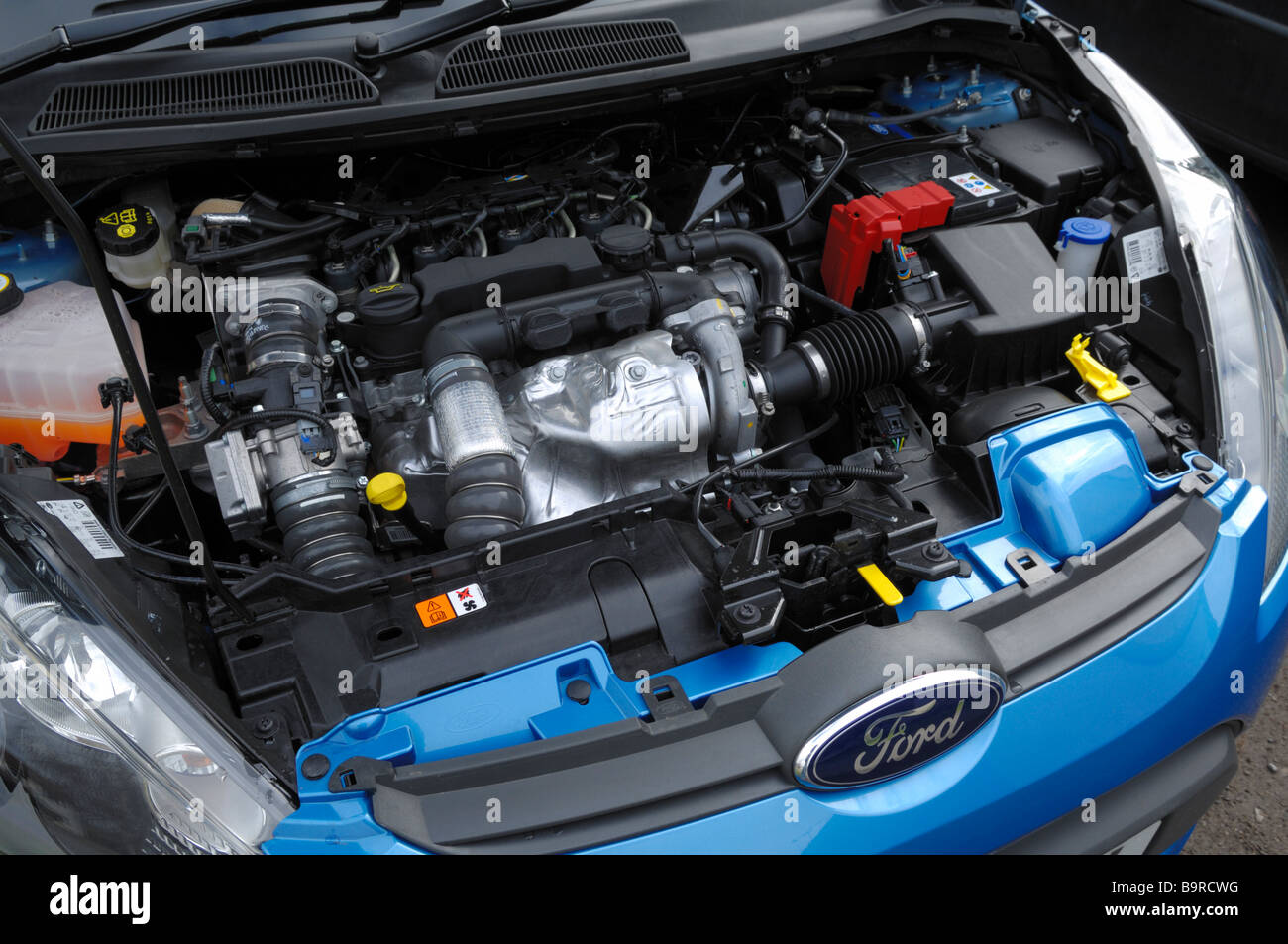The Role of a Quality Ford Fiesta Engine in Vehicle Performance
The Role of a Quality Ford Fiesta Engine in Vehicle Performance
Blog Article
The Future of Engines: Developments Driving Sustainable Power Solutions
As the automotive sector navigates the necessary change towards sustainability, the future of engines is progressively specified by groundbreaking advancements. Electric engine innovations, along with promising growths in hydrogen fuel cells and biofuels, are reshaping the landscape of power options.
Electric Engine Developments
The development of electrical engine growths symbolizes an essential change in the aerospace and auto sectors, driven by the immediate demand for lasting choices to fossil gas. This transition is defined by significant improvements in battery technology, power electronic devices, and electrical motor layout, which jointly improve the efficiency and efficiency of electric engines.
Current technologies have actually brought about the production of lighter, much more energy-dense batteries, such as lithium-silicon and solid-state batteries, which assure longer arrays and shorter billing times. Furthermore, enhancements in electric motor performance, such as using irreversible magnets and progressed cooling down systems, allow electrical engines to run effectively under differing problems. These improvements not only enhance lorry efficiency but additionally add to a decrease in general power intake.
In addition, the combination of advanced software program algorithms has actually enhanced energy management in electric automobiles, permitting regenerative stopping and predictive billing strategies. As producers increasingly accept electric propulsion, the aerospace and vehicle industries are experiencing a standard change in the direction of greener innovations. This evolution not just satisfies governing demands however additionally lines up with consumer preferences for environmentally friendly transport remedies, solidifying electric engines as a foundation of future lasting wheelchair.
Advancements in Biofuels
As the auto and aerospace markets progressively focus on sustainable power resources, innovations in biofuels become a corresponding solution to electrical engines. Biofuels, obtained from organic materials such as crops, waste, and algae, present a cutting-edge method for reducing greenhouse gas discharges and dependence on fossil gas.
Recent study has concentrated on enhancing the performance and sustainability of biofuel production. Second-generation biofuels use non-food feedstocks, reducing competition with food supply and lowering environmental influence. In addition, improvements in synthetic biology have actually enabled the design of microorganisms to produce biofuels better, leading to higher yields and reduced manufacturing prices.
Furthermore, the growth of drop-in biofuels permits seamless assimilation right into existing infrastructure, making it possible for a smoother shift for industries typically depending on fossil fuels. ford fiesta engine. These gas can be made use of in present engines without modifications, facilitating their adoption across various fields
Investments in biofuel technology, together with encouraging plans, are important to drive innovation and scalability. As the international neighborhood seeks to deal with environment modification, biofuels offer a practical, instant solution that straightens with the overarching goal of sustainability in transportation and aeronautics.
Hydrogen Gas Cell Innovation
An expanding number of companies and researchers are checking out hydrogen fuel cell technology as a feasible option to standard power sources in transportation and energy systems. This modern technology converts chemical power from hydrogen right into electricity via an electrochemical reaction, with water as the only byproduct, making it an eco-friendly choice.
The core of hydrogen gas cells is the gas cell pile, where hydrogen particles are divided into electrons and protons. The circulation of electrons creates electrical energy, while protons visit our website relocate through a membrane layer to combine with oxygen from the air, creating water. This procedure results in high efficiency and low discharges, placing hydrogen gas cells as an essential gamer in the change to lasting power.
Substantial improvements have actually been made in improving the longevity and performance of fuel cells, together with lowering costs via cutting-edge production methods. The advancement of hydrogen manufacturing approaches, such as electrolysis powered by sustainable power sources, boosts the sustainability of the general system. As facilities for hydrogen refueling expands and production techniques become much more reliable, hydrogen fuel cell technology holds wonderful pledge for decarbonizing different fields, including durable transport and stationary power generation.
Crossbreed Solutions and Their Effect
Hybrid systems stand for a considerable evolution in sustainable engine modern technology, merging traditional internal combustion engines with electrical propulsion to optimize power effectiveness and minimize emissions (ford fiesta engine). This dual technique enables vehicles to utilize both power resources, enabling greater adaptability in energy consumption and minimizing dependence on nonrenewable fuel sources

Along with ecological advantages, crossbreed systems provide consumers a sensible transition towards fully electrical lorries. They ease range anxiety by integrating the convenience of gasoline with the advantages of electrical propulsion, making them an attractive choice for a wider target market. As producers invest in hybrid modern technology, the advancement of more innovative battery systems and lightweight materials proceeds advice to improve performance. Generally, hybrid systems represent an essential step in the direction of attaining sustainable transportation and addressing the urgent need for eco-friendly power solutions.
The Duty of AI in Engine Layout
Leveraging advanced algorithms and equipment discovering methods, the auto industry is significantly integrating expert system (AI) right into engine layout procedures. AI boosts the effectiveness and efficiency of layout by analyzing substantial datasets to identify optimal configurations and performance criteria. This capacity allows engineers to replicate different operating conditions and forecast engine habits under numerous circumstances, significantly minimizing the time and price linked with traditional prototyping techniques.
Additionally, AI assists in the growth of sophisticated materials and burning procedures customized for sustainability. By optimizing gas effectiveness and reducing discharges, AI-driven styles straighten with worldwide efforts aimed at reducing the carbon footprint of vehicle engines. Machine understanding formulas can also forecast maintenance demands, resulting in enhanced integrity and durability of engine parts.
Moreover, AI contributes in the integration of electrification innovations, such as hybrid systems, where it can maximize battery administration and energy recuperation processes. As the industry moves in the direction of more lasting power options, the duty of AI in engine layout ends up being progressively essential, driving innovation and enhancing the performance of future engines. Eventually, the collaboration between AI and engine style heralds a new age official site of smarter, cleaner, and more efficient auto technologies.

Final Thought
In conclusion, the future of engines is being shaped by a convergence of innovative technologies that focus on sustainability. Electric engine innovations, biofuel growths, hydrogen fuel cells, and hybrid systems jointly add to a substantial decrease in emissions and environmental impact.
Electric engine improvements, together with encouraging advancements in hydrogen gas cells and biofuels, are reshaping the landscape of power solutions. Additionally, renovations in electrical motor performance, such as the use of permanent magnets and advanced cooling systems, enable electrical engines to run successfully under differing problems. By optimizing gas efficiency and lessening exhausts, AI-driven designs straighten with global campaigns intended at decreasing the carbon footprint of vehicle engines. As the market moves towards more sustainable power services, the function of AI in engine layout comes to be significantly important, driving development and enhancing the efficiency of future engines. Electric engine improvements, biofuel advancements, hydrogen gas cells, and hybrid systems jointly add to a significant reduction in exhausts and ecological effect.
Report this page